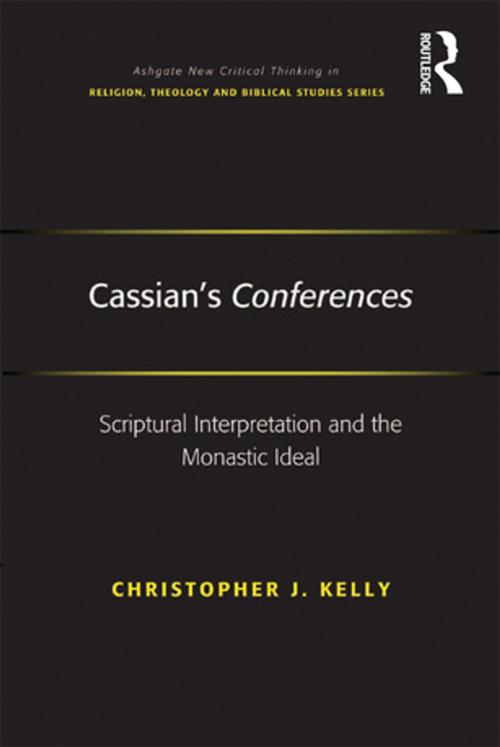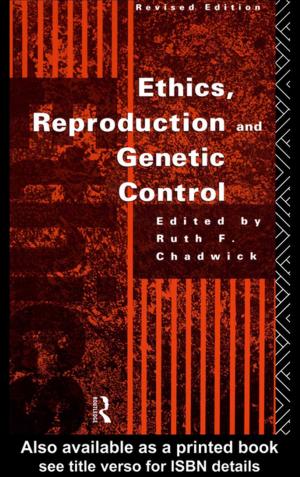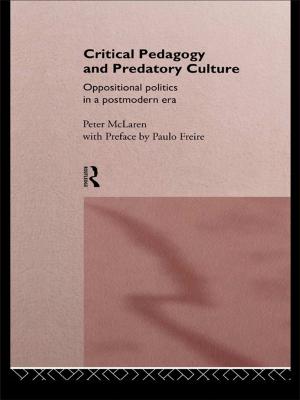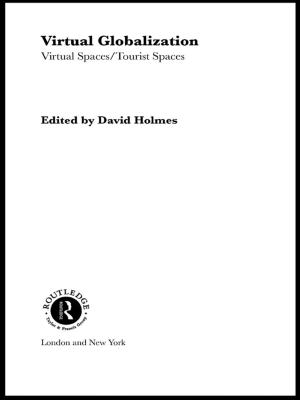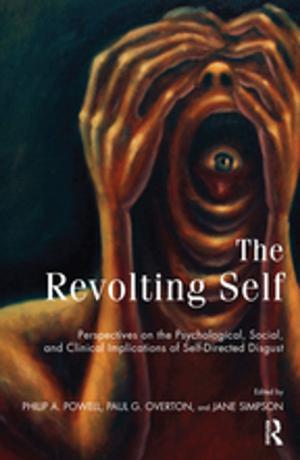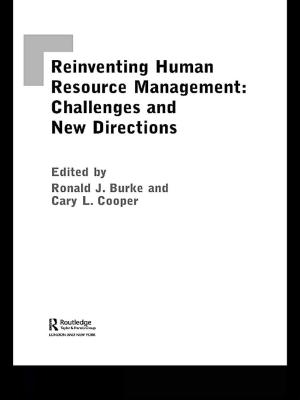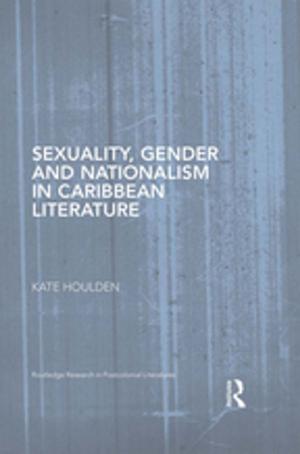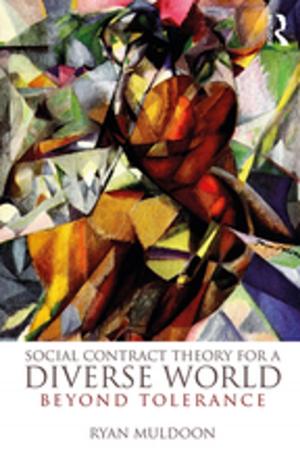Cassian's Conferences
Scriptural Interpretation and the Monastic Ideal
Nonfiction, Religion & Spirituality, Christianity, General Christianity| Author: | Christopher J. Kelly | ISBN: | 9781317169536 |
| Publisher: | Taylor and Francis | Publication: | April 8, 2016 |
| Imprint: | Routledge | Language: | English |
| Author: | Christopher J. Kelly |
| ISBN: | 9781317169536 |
| Publisher: | Taylor and Francis |
| Publication: | April 8, 2016 |
| Imprint: | Routledge |
| Language: | English |
This book explores Cassian's use of scripture in the Conferences, especially its biblical models to convey his understanding of the desert ideal to the monastic communities of Gaul. Cassian intended the scriptures and, implicitly, the Conferences to be the voices of authority and orthodoxy in the Gallic environment. He interprets familiar biblical characters in unfamiliar ways that exemplify his ideal. By imitating their actions the monk enters a seamless lineage of authority stretching back to Abraham. This book demonstrates how the scriptures functioned as a dynamic force in the lives of Christian monks in the fourth and fifth centuries, emphasizes the importance of Cassian in the development of the western monastic tradition, and offers an alternative to the sometimes problematic descriptions of patristic exegesis as "allegory" or "typology". Cassian has been described as little more than a provider of information about Egyptian monasticism, but a careful reading of his work reveals a sophisticated agenda to define and institutionalize orthodox monasticism in the Latin West.
This book explores Cassian's use of scripture in the Conferences, especially its biblical models to convey his understanding of the desert ideal to the monastic communities of Gaul. Cassian intended the scriptures and, implicitly, the Conferences to be the voices of authority and orthodoxy in the Gallic environment. He interprets familiar biblical characters in unfamiliar ways that exemplify his ideal. By imitating their actions the monk enters a seamless lineage of authority stretching back to Abraham. This book demonstrates how the scriptures functioned as a dynamic force in the lives of Christian monks in the fourth and fifth centuries, emphasizes the importance of Cassian in the development of the western monastic tradition, and offers an alternative to the sometimes problematic descriptions of patristic exegesis as "allegory" or "typology". Cassian has been described as little more than a provider of information about Egyptian monasticism, but a careful reading of his work reveals a sophisticated agenda to define and institutionalize orthodox monasticism in the Latin West.
